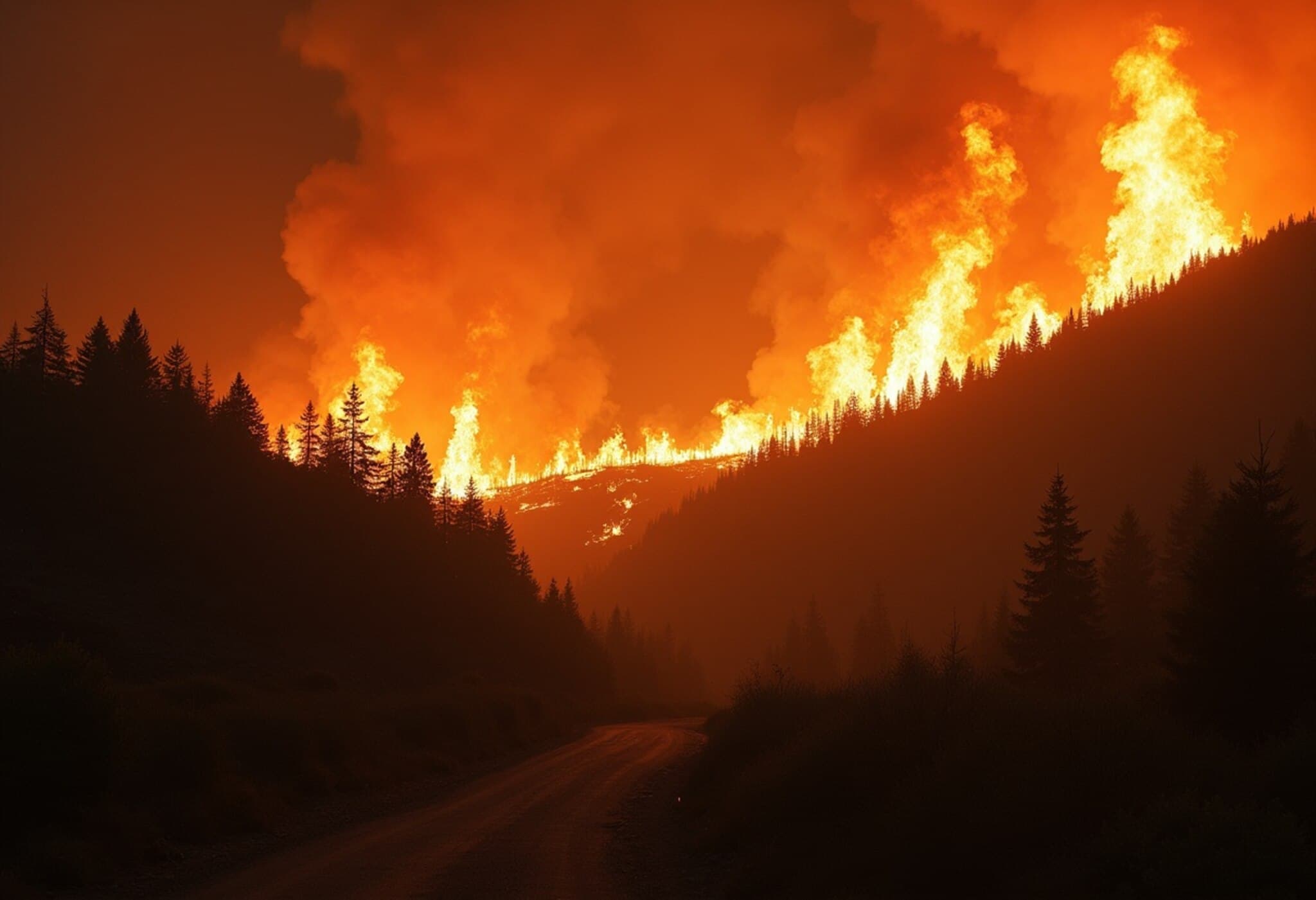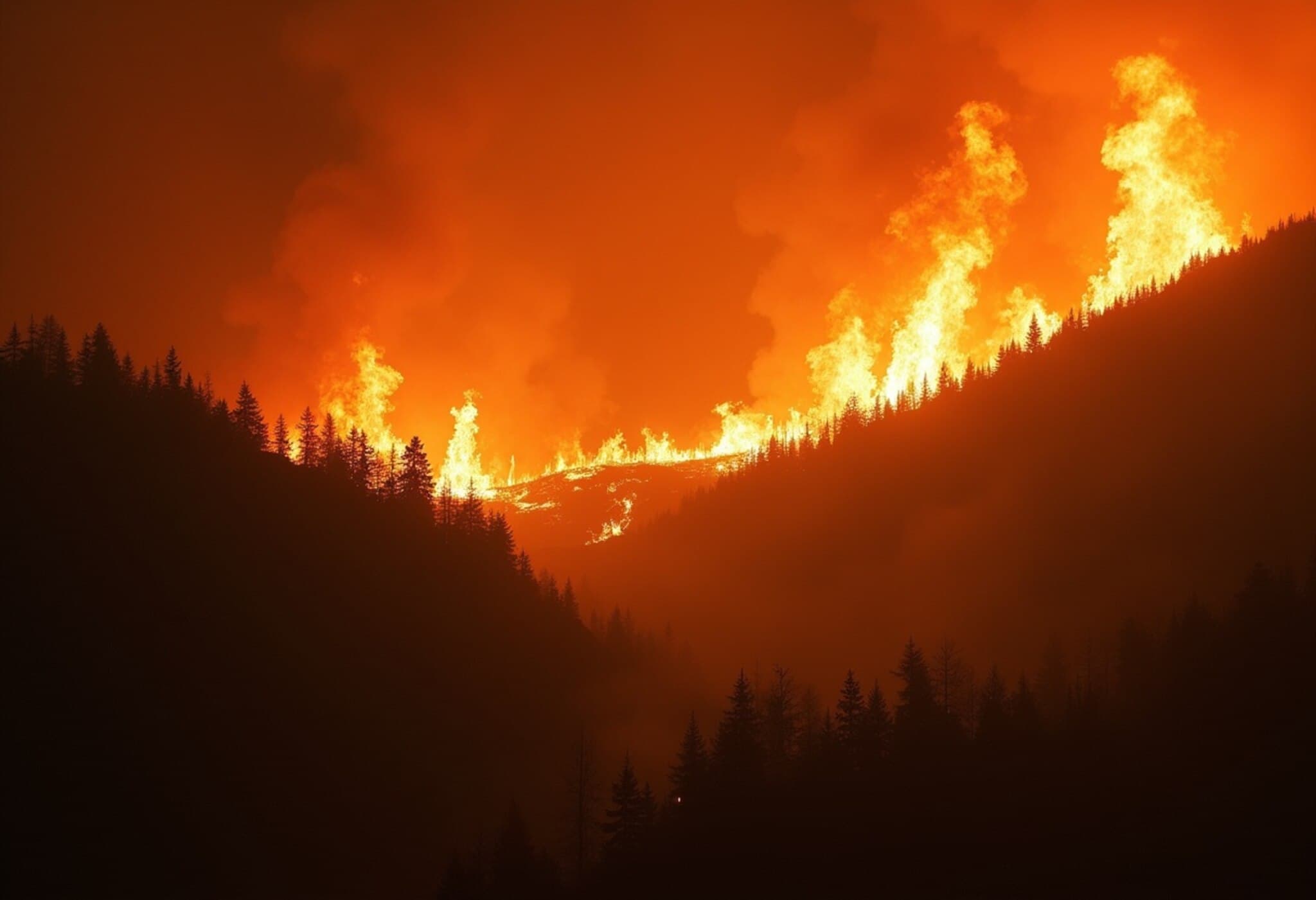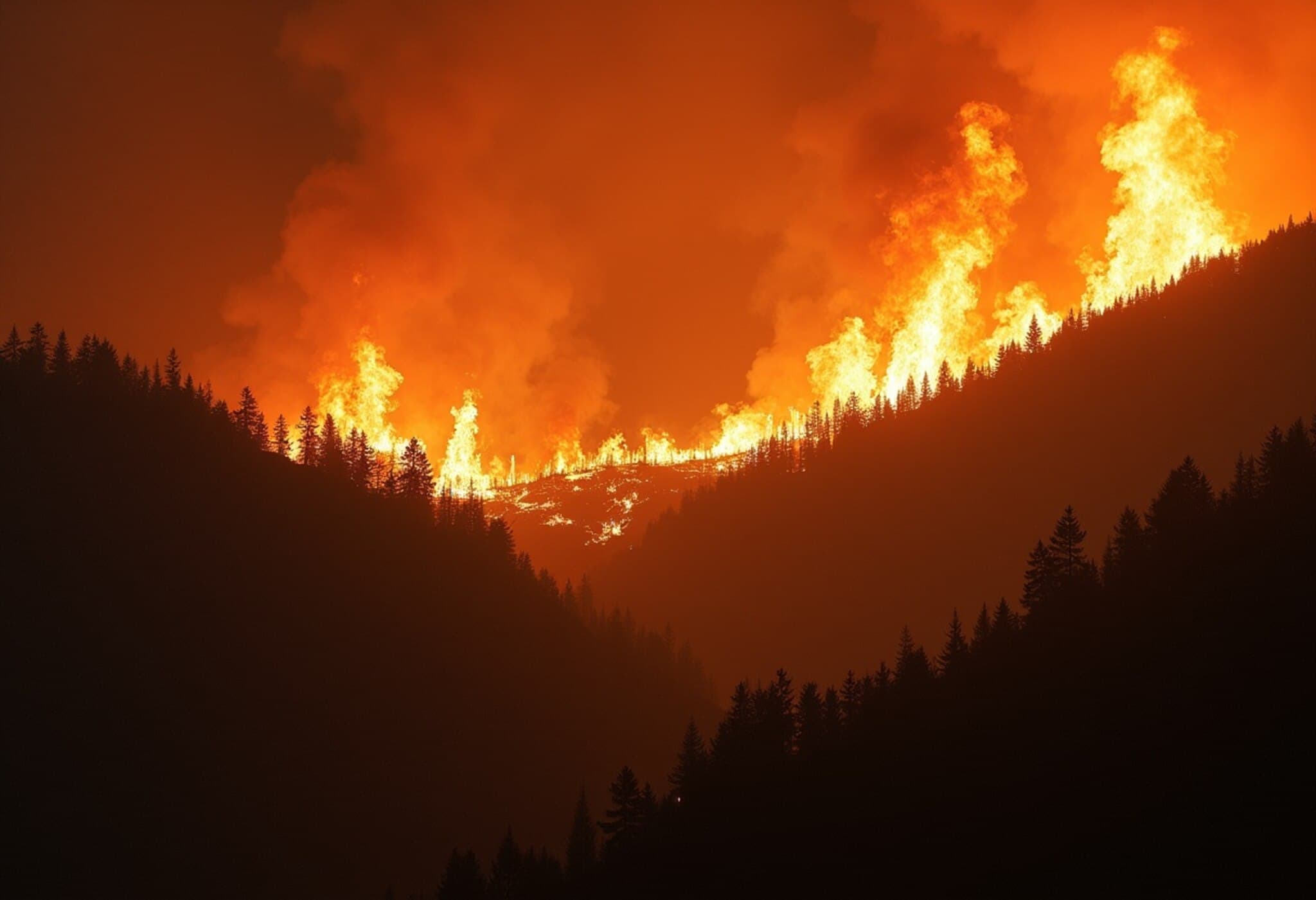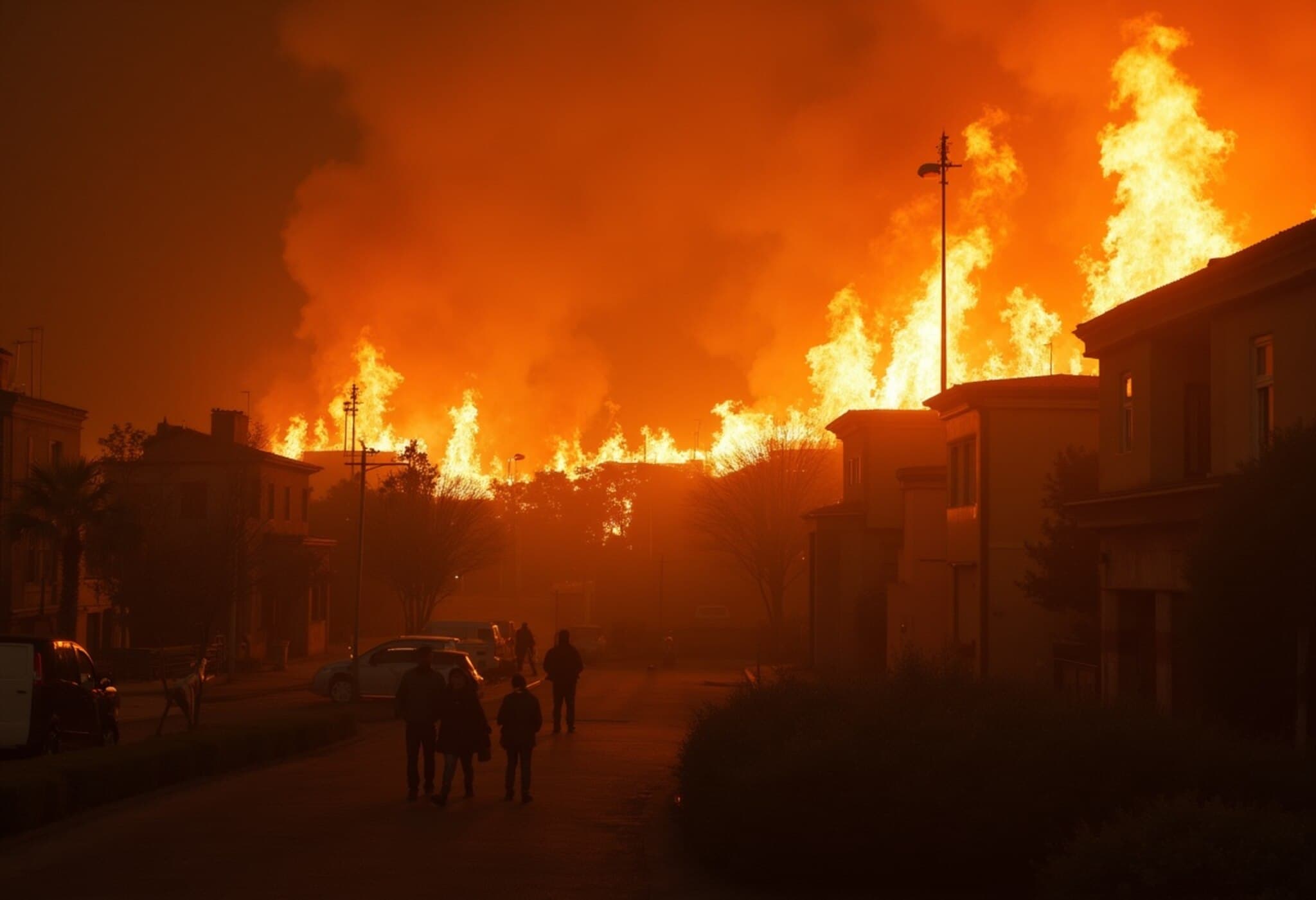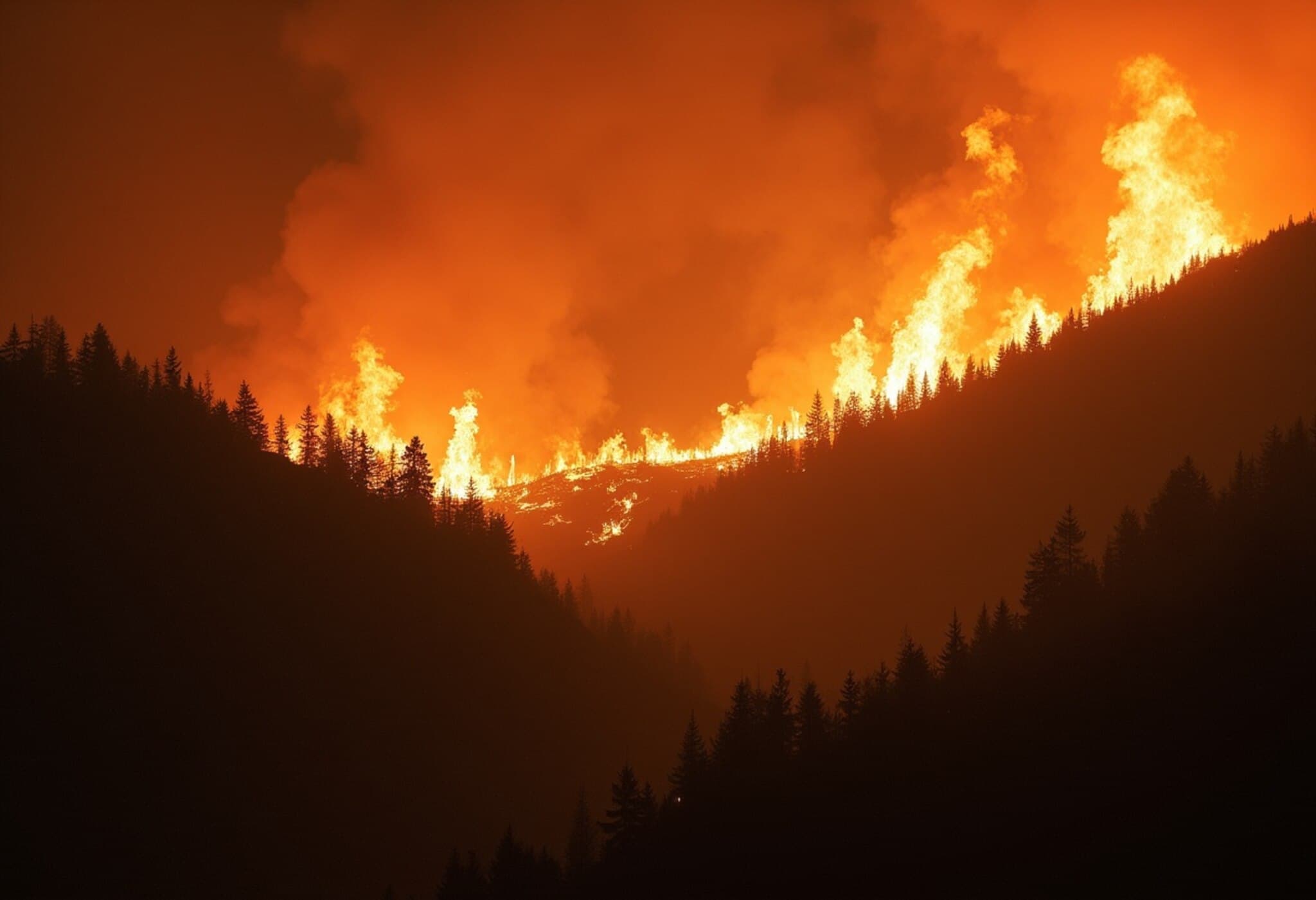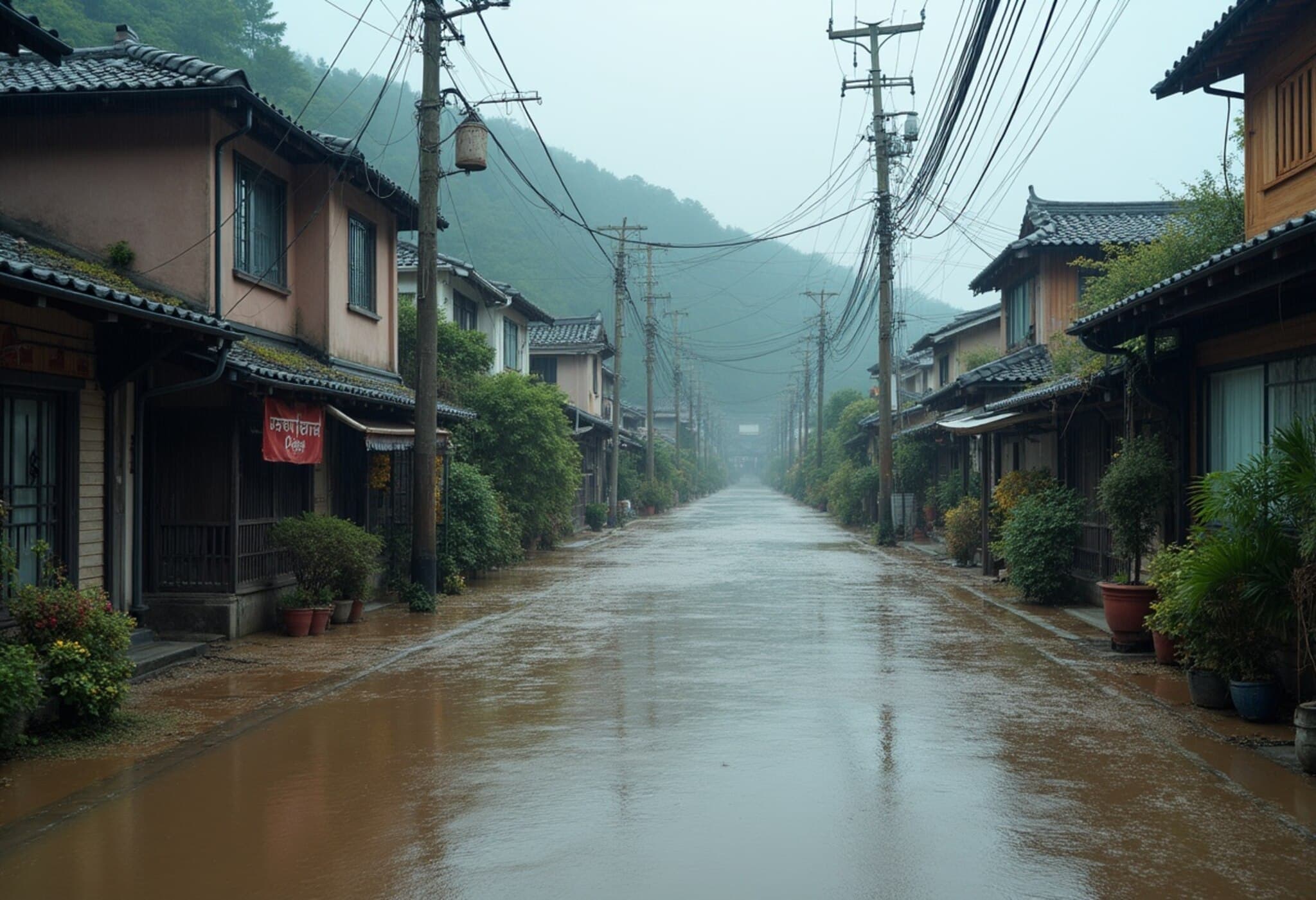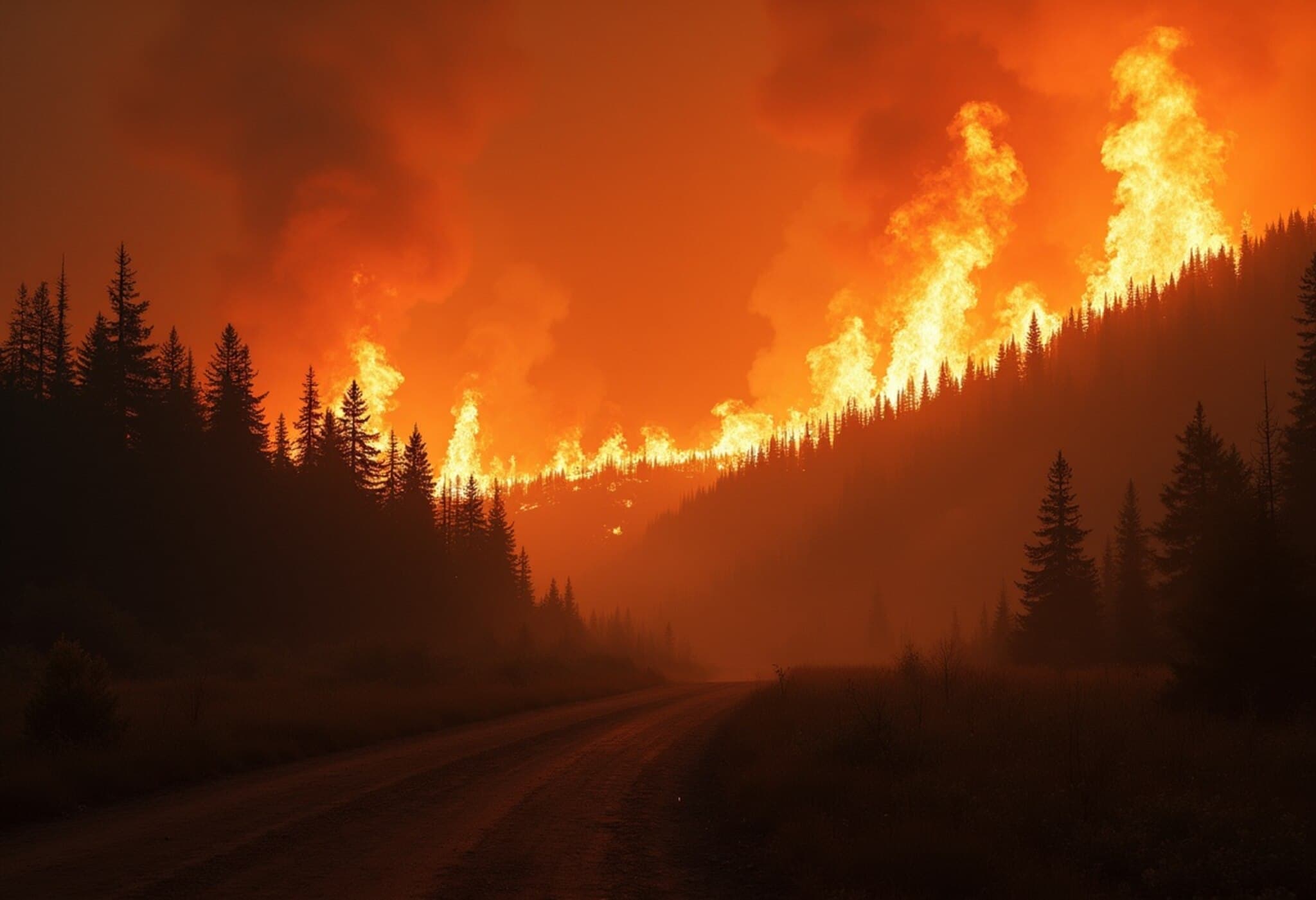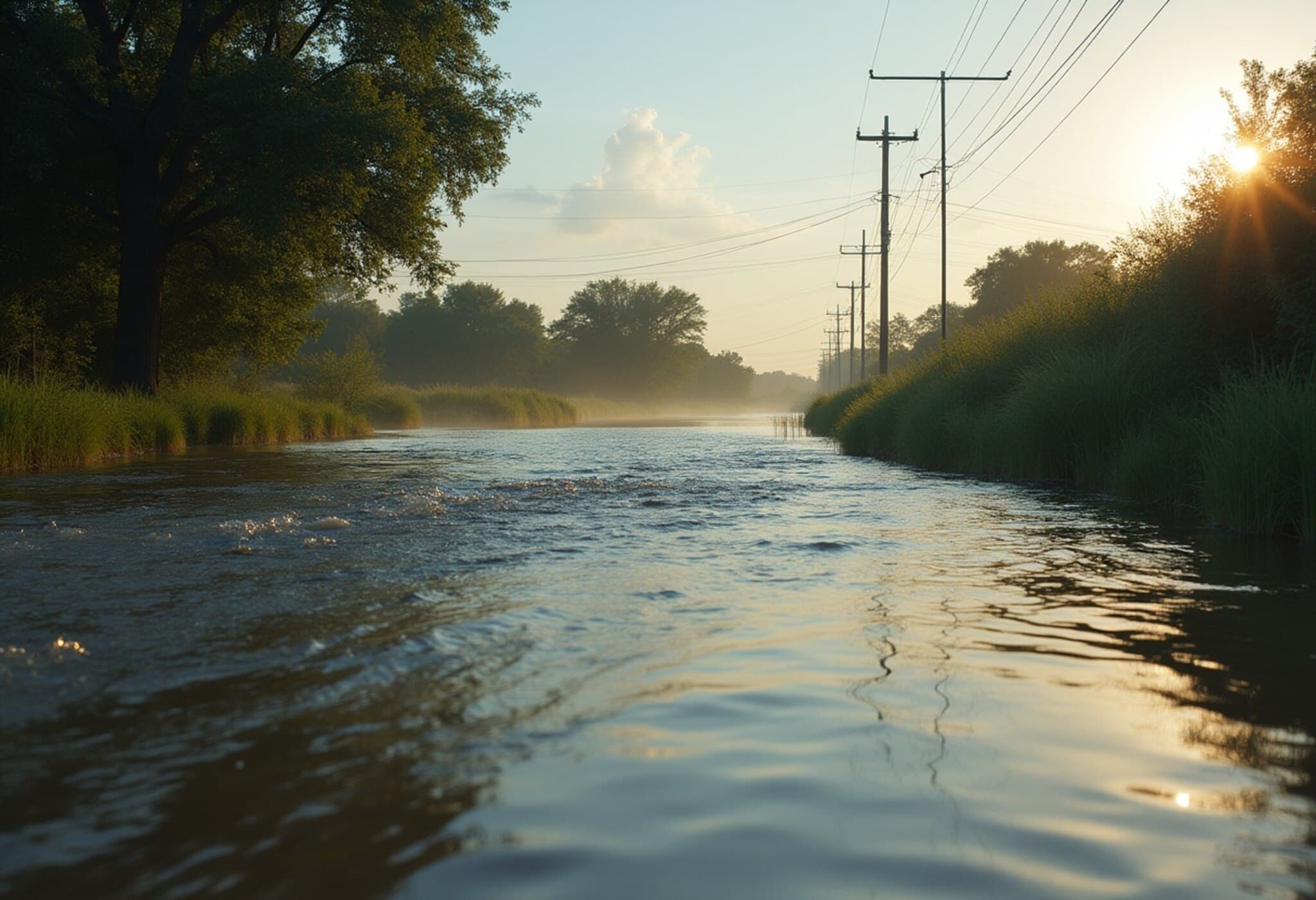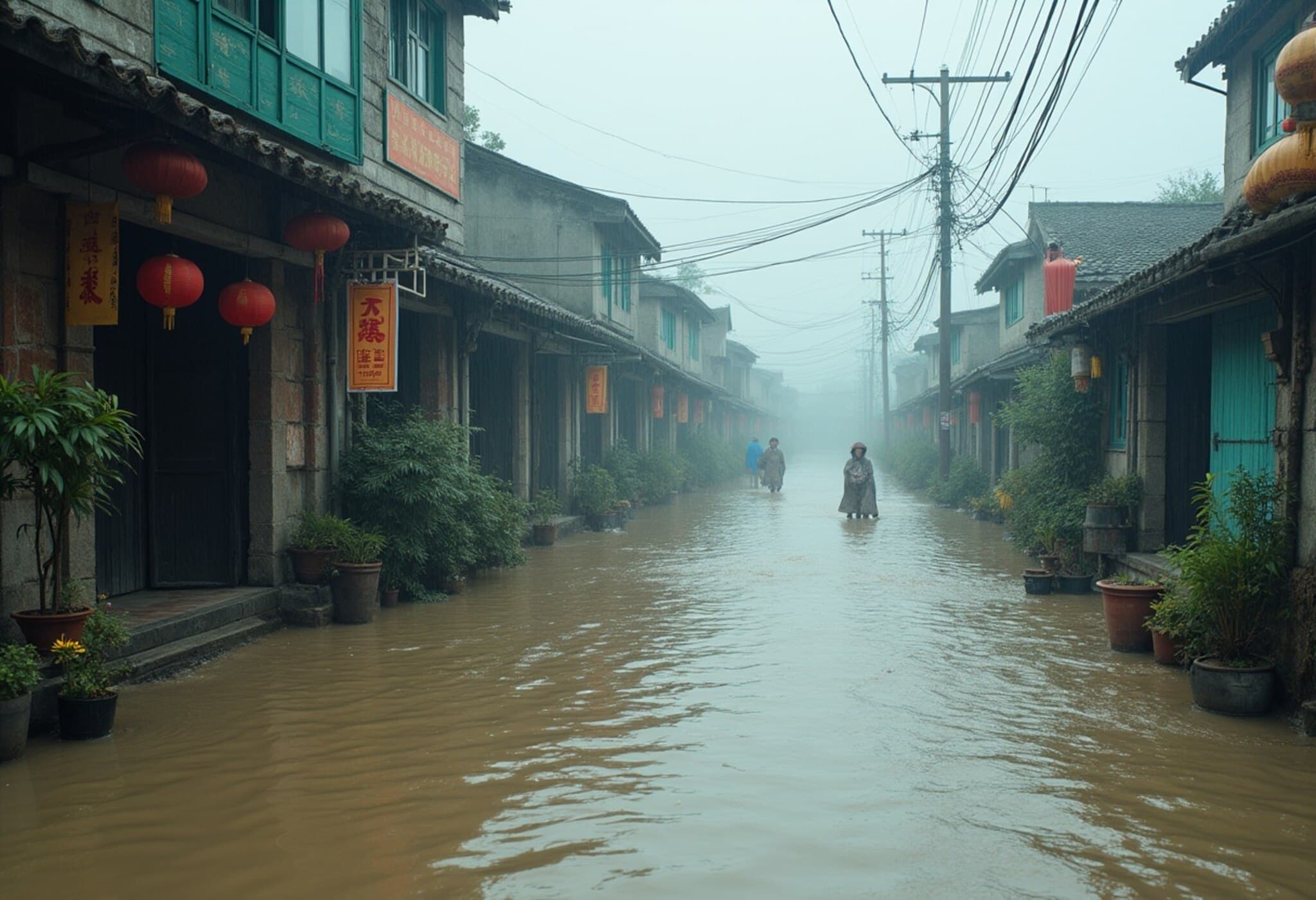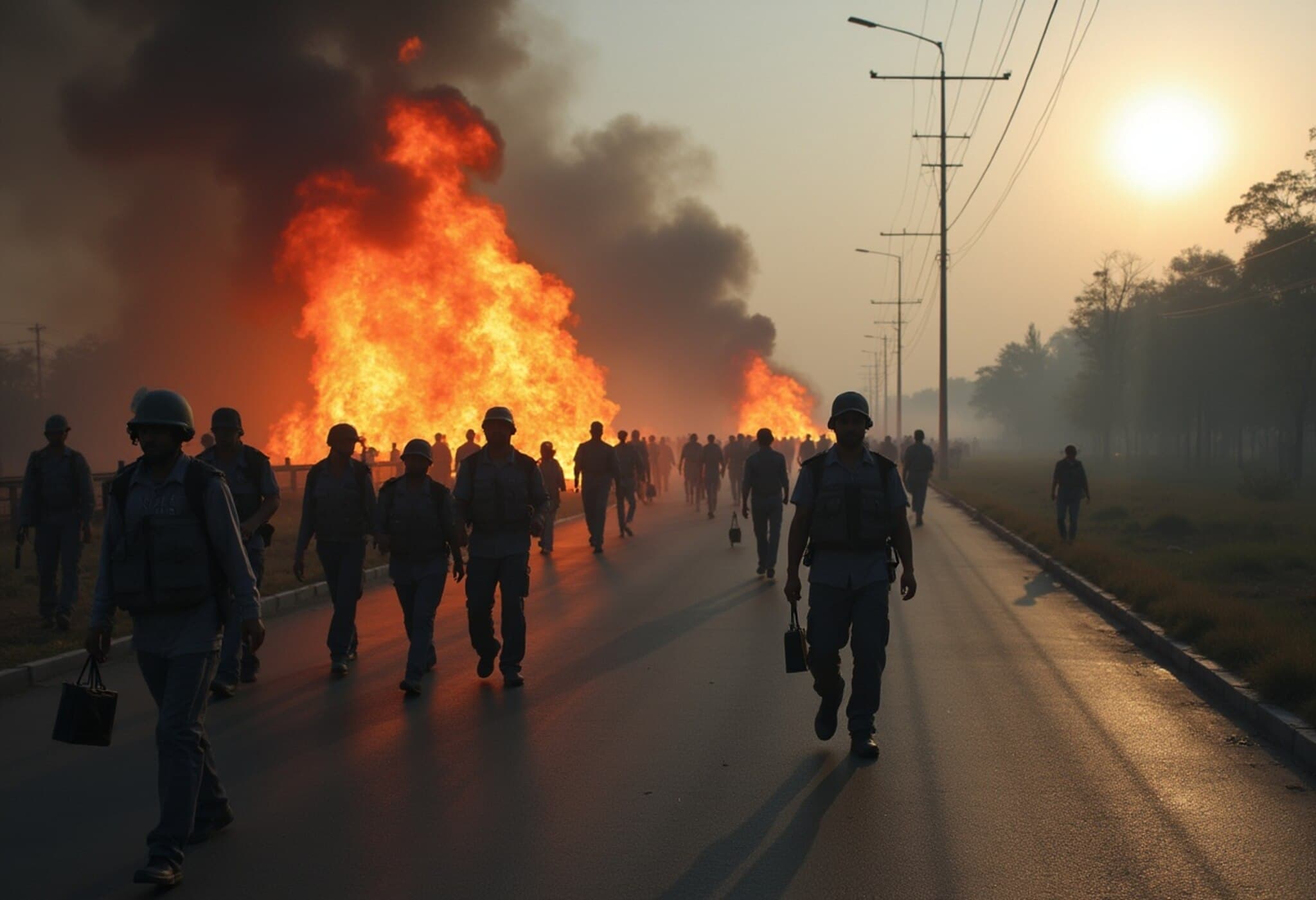Severe Wildfire Disrupts Communities Near Delvina, Albania
A rapidly spreading wildfire in southern Albania has inflicted injuries and forced the evacuation of approximately 2,000 people, spotlighting the growing vulnerability of the Balkans region to extreme weather events intensified by climate change.
Human Impact and Damage
Local authorities confirmed that three individuals suffered burns and respiratory distress as smoke and flames engulfed areas near the town of Delvina. Brunilda Meleqi, Deputy Mayor of Delvina, reported to Reuters that the fire’s severity necessitated the evacuation of six villages to safeguard residents.
Tragically, a historic church and around ten uninhabited houses fell victim to the advancing blaze, underscoring the fire’s destructive reach beyond natural landscapes to the cultural heritage of the area.
Emergency Response and Firefighting Efforts
In response to the emergency, Albania’s Defence Ministry mobilized roughly 60 soldiers to reinforce firefighting efforts. Two firefighting helicopters joined ground teams to combat the flames, which gradually diminished in intensity by the evening, providing some relief to affected communities.
This coordinated response highlights the growing need for rapid deployment capabilities against wildfires, especially in regions unaccustomed to such frequent fire events.
Regional Climate Context: The Balkans Under Heat Stress
Albania and neighboring Greece are enduring the third heatwave of the summer, a pattern experts link to climate instability. The extreme temperatures have led to restricted labor in outdoor environments, decreased tourist activity at heritage sites, and have exacerbated wildfire risks across the arid Mediterranean countryside.
This event reflects broader trends across Southern Europe, where rising temperatures and prolonged dry spells are intensifying the frequency and severity of wildfires.
Expert Insights: What Lies Ahead?
- Climate Adaptation: The wildfire accentuates the urgent need for Balkan countries to enhance climate resilience measures, including improved forest management and early-warning systems.
- Cross-Border Cooperation: Given the shared climate challenges in the region, closer collaboration among Balkan states could optimize resources for wildfire prevention and response.
- Socioeconomic Impacts: The long-term ramifications for displaced residents and heritage conservation raise critical questions about emergency preparedness and support infrastructure.
Conclusion
While immediate firefighting efforts have contained the outbreak near Delvina, the confluence of climate stressors and vulnerable communities in Albania signals a growing environmental and humanitarian challenge. This incident serves as a call to action both locally and within the international community to invest in sustainable strategies mitigating wildfire risks and safeguarding lives and cultural legacy.
Editor's Note
The wildfire crisis sweeping Albania is emblematic of a larger pattern affecting the Mediterranean region—where climate-induced heatwaves fuel unprecedented fires and threaten both human and cultural landscapes. Readers may consider the implications for regional policy shifts toward environmental crisis management, as well as the human stories behind such evacuations that often go underreported. How will governments balance economic development, heritage preservation, and climate readiness amidst a warming world? These questions demand ongoing attention.

